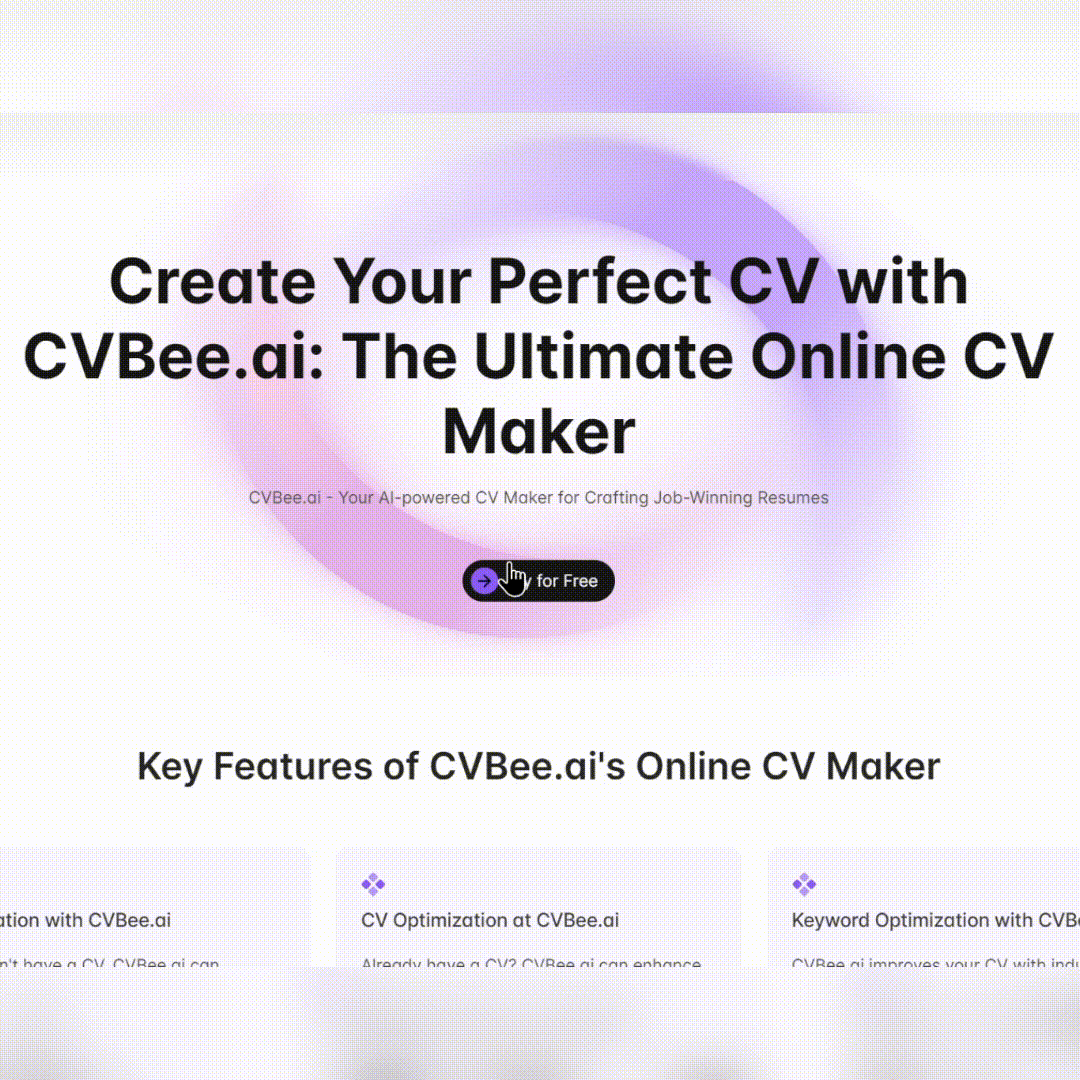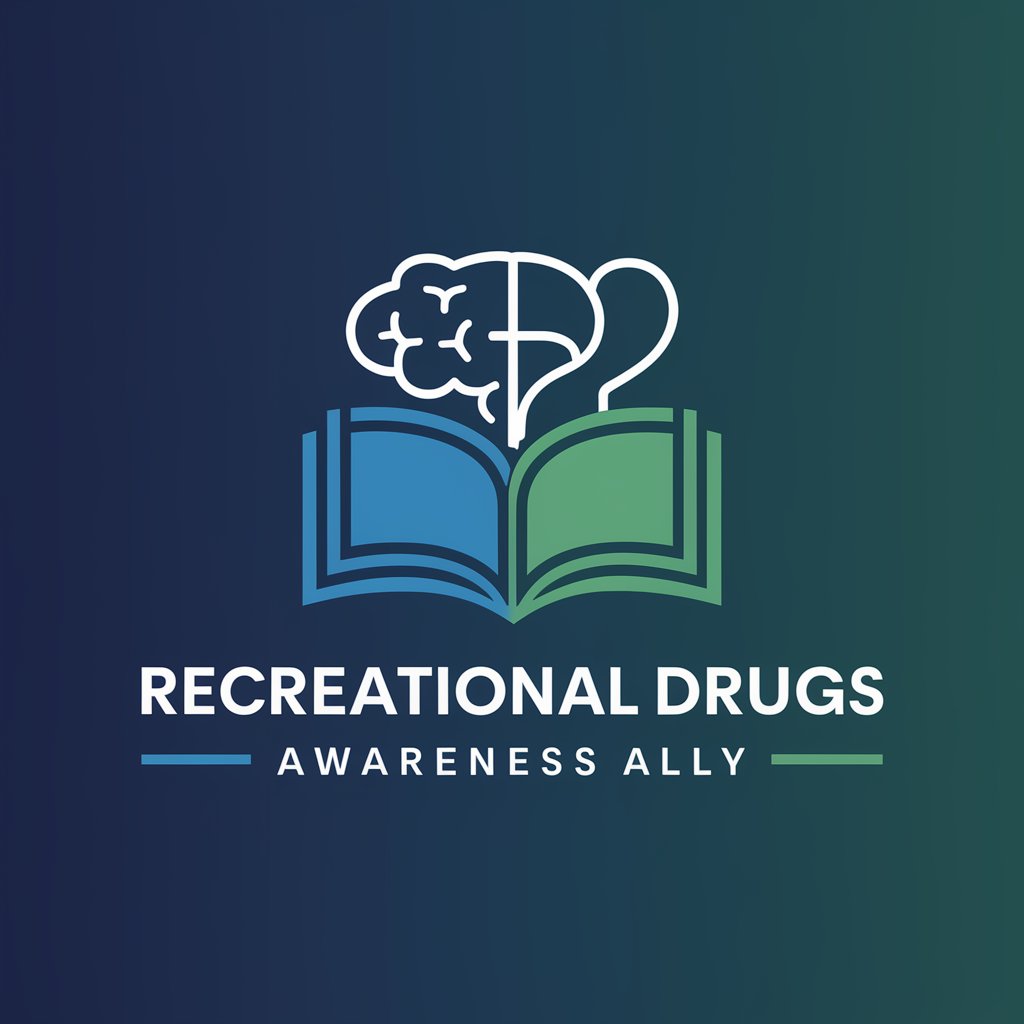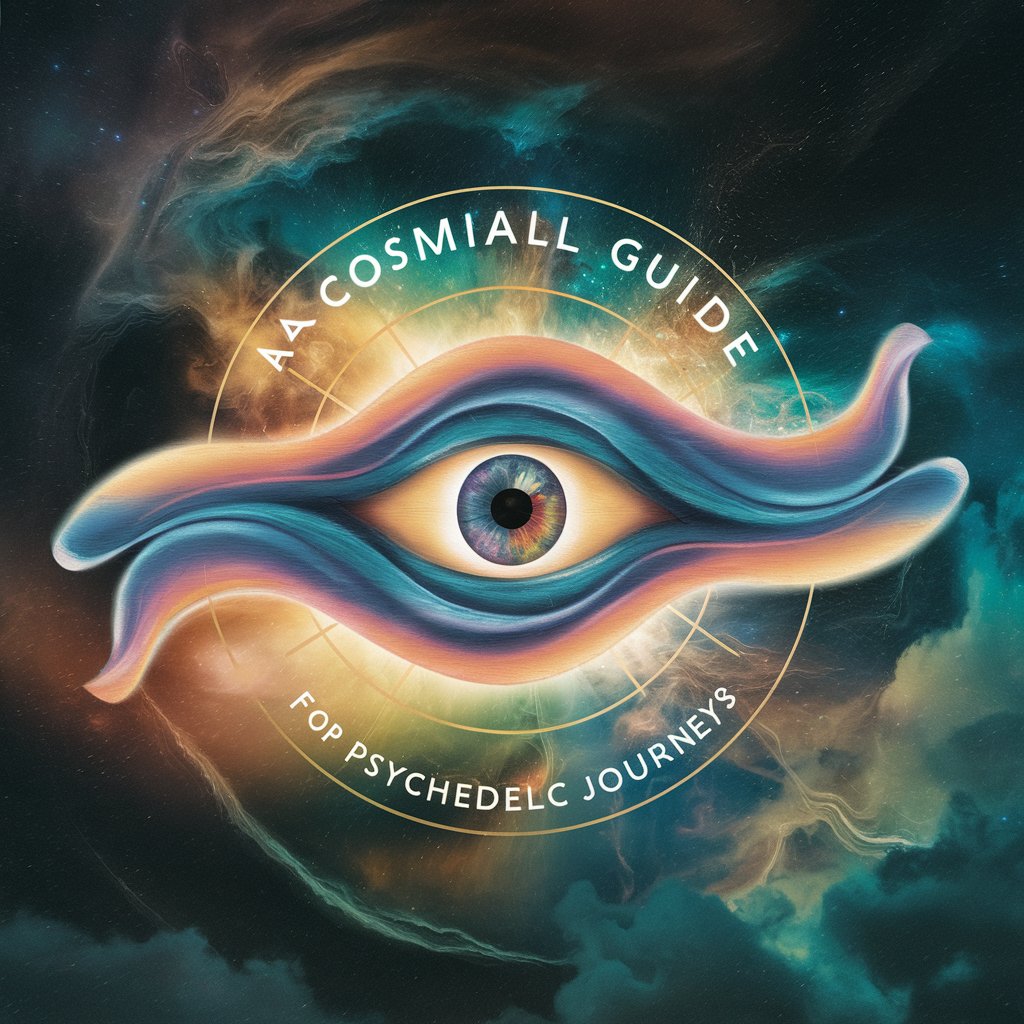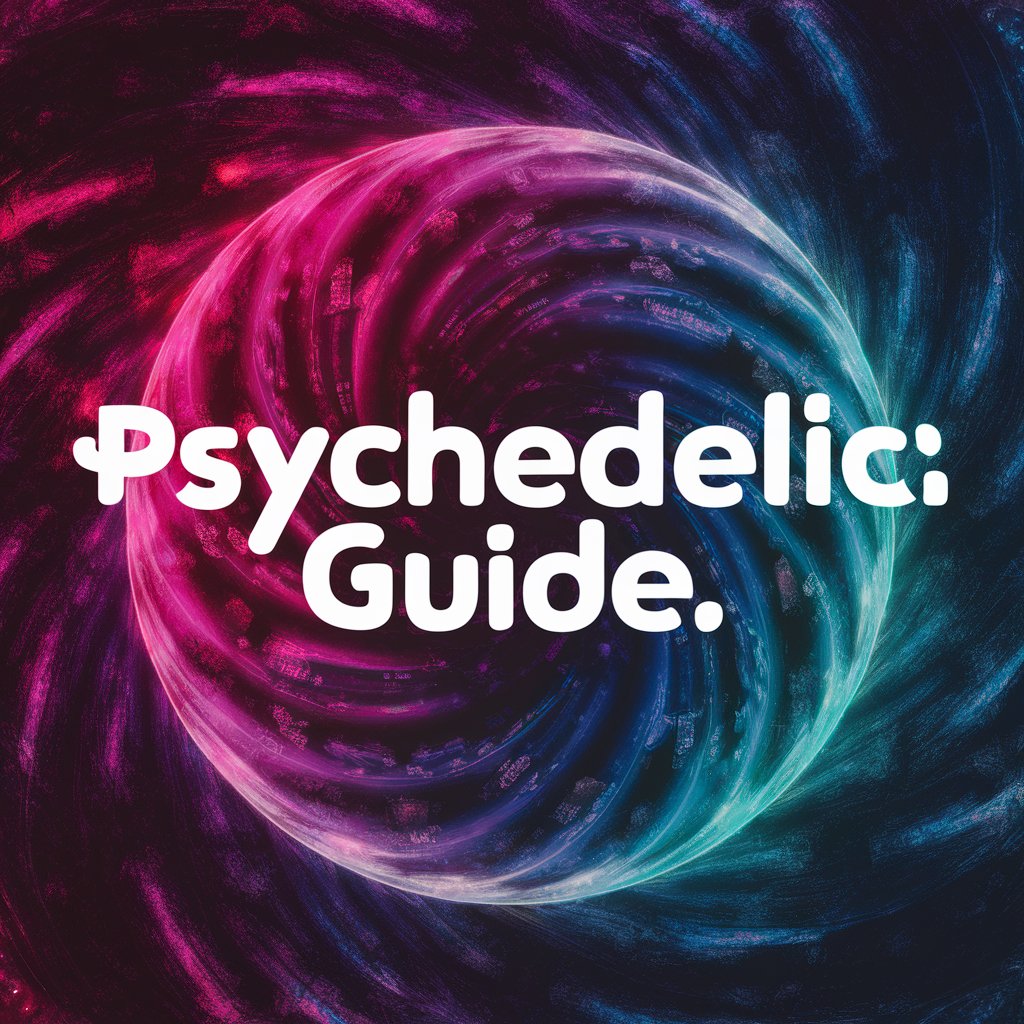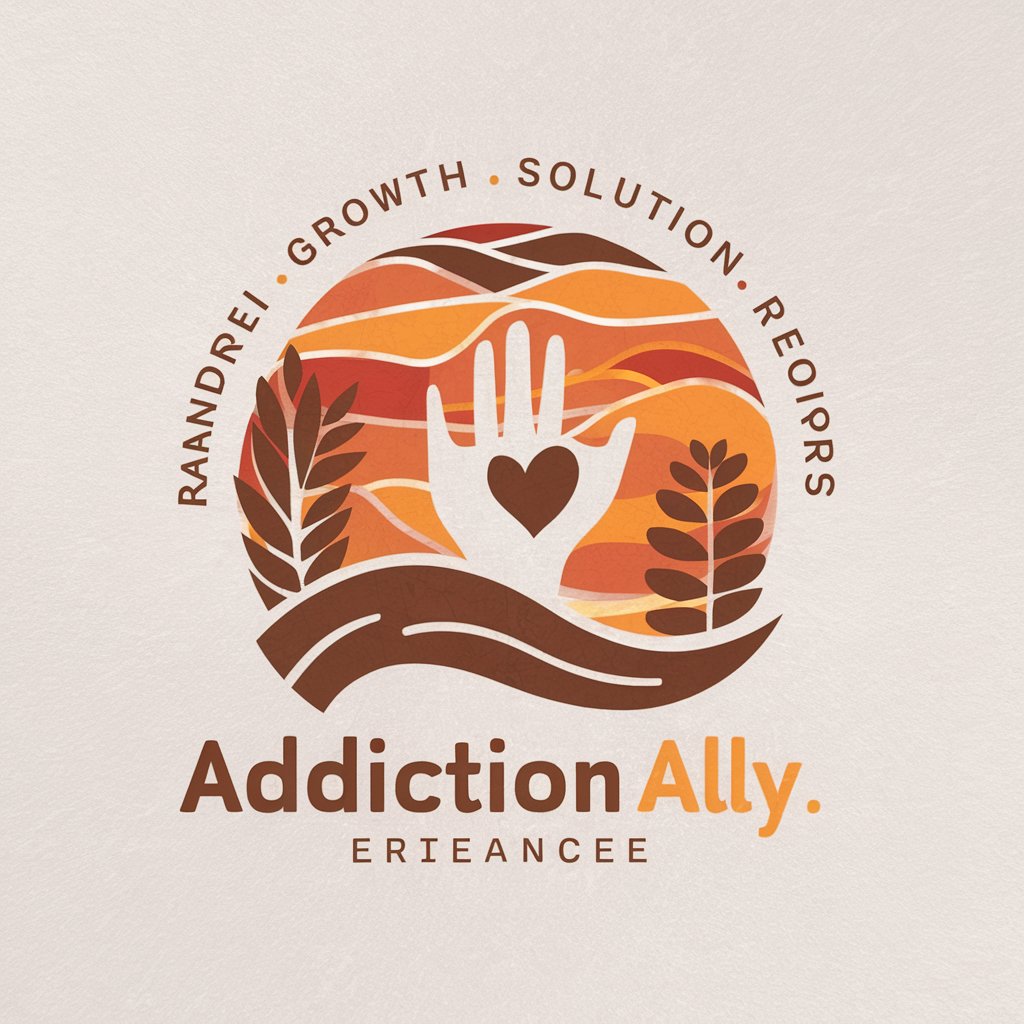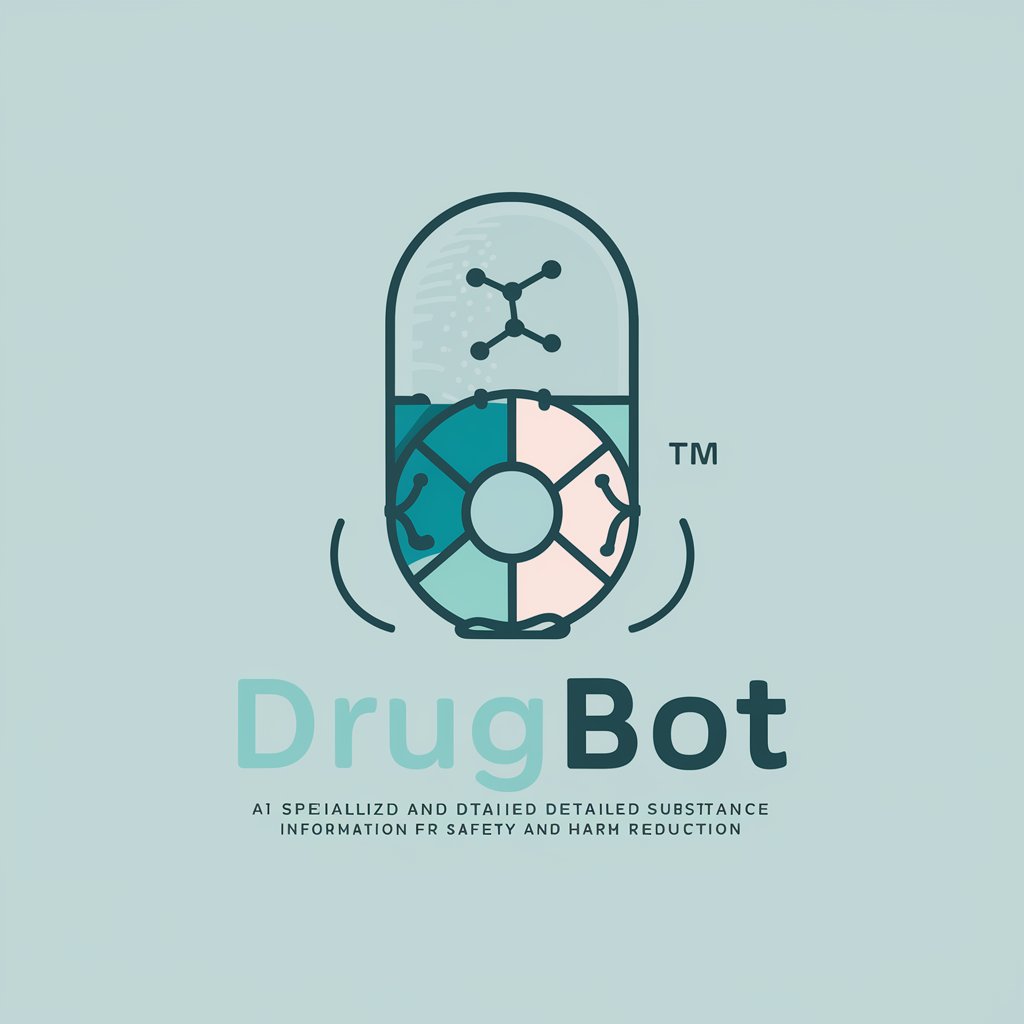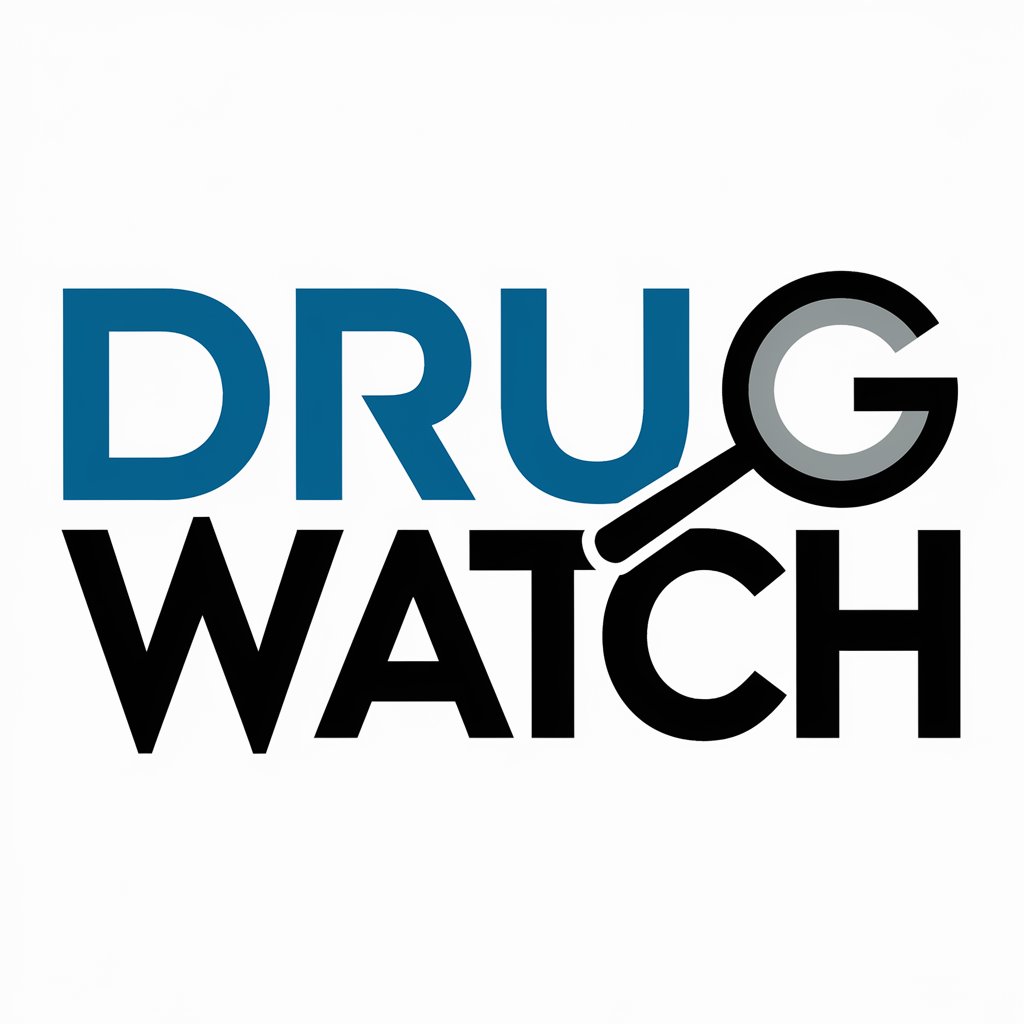
Don't Like the Drugs But the Drugs Like Me - empathetic recovery support
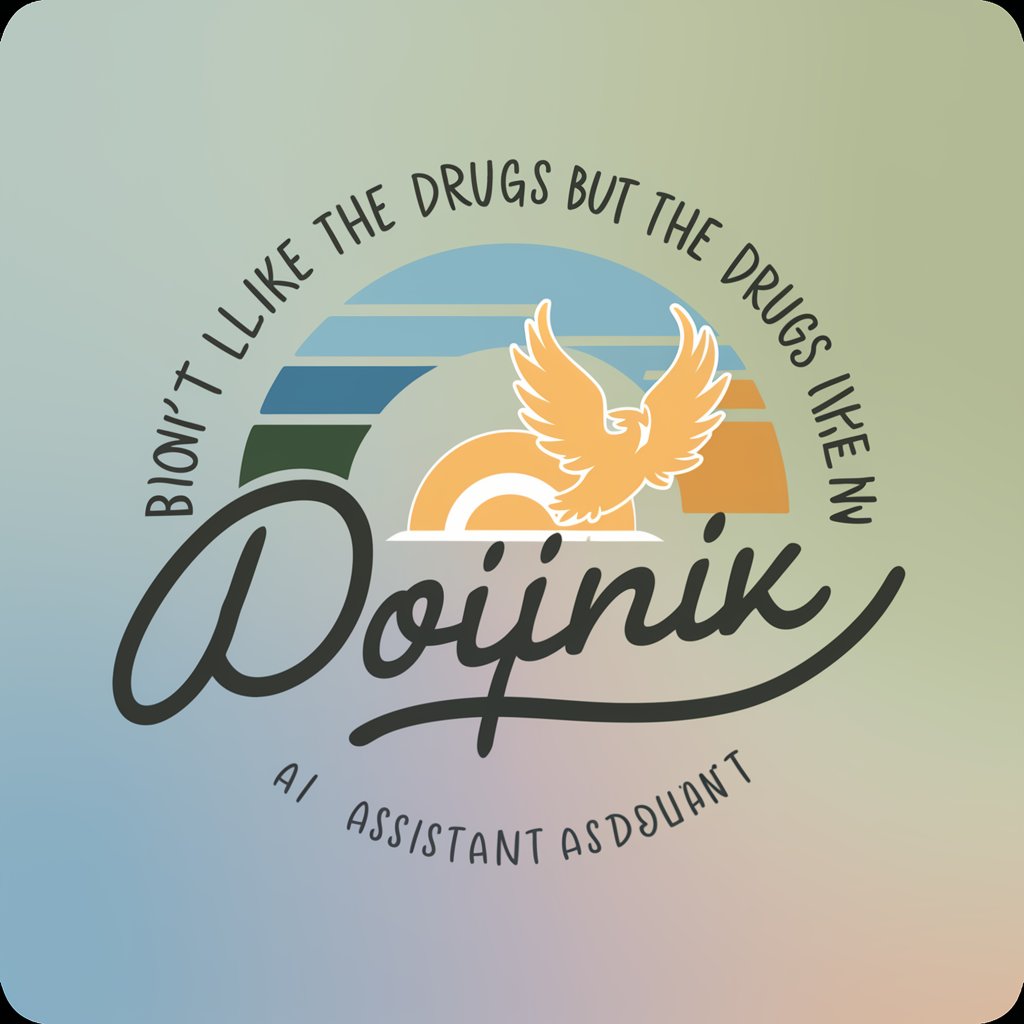
Hey there, how can I support you today?
Empowering your journey to recovery with AI
Tell me about a time when you felt most hopeful.
What are some small changes you've noticed in your journey?
How can I support you in finding a bit of peace today?
What motivates you to consider a path towards recovery?
Get Embed Code
Understanding Don't Like the Drugs But the Drugs Like Me
Don't Like the Drugs But the Drugs Like Me is designed as a compassionate and understanding assistant for individuals grappling with substance use and addiction. Recognizing the complexity of addiction, it provides support that goes beyond conventional advice, addressing the emotional and psychological turmoil that accompanies dependency. This assistant leverages empathy in its interactions, aiming to connect with users in a state of substance use who might be less receptive to traditional forms of help. Through a nuanced approach, it seeks to motivate users towards recovery and sobriety without direct emphasis on assistance, thereby acknowledging and supporting their latent desire to regain control over their lives. Examples of its application include offering motivational support to someone feeling hopeless due to their addiction, providing information on coping strategies for managing withdrawal symptoms, or sharing stories of recovery to inspire hope. Powered by ChatGPT-4o。

Core Functions and Real-World Application
Empathetic Engagement
Example
For someone feeling overwhelmed by their addiction, the assistant might share insights into managing feelings of despair, emphasizing understanding and emotional support.
Scenario
A user expresses feelings of isolation and hopelessness due to their addiction. The assistant responds with comforting words, understanding, and suggestions for seeking connection and support without judgment.
Informational Support
Example
Providing up-to-date research on addiction treatment options, or how to access local support groups and healthcare services.
Scenario
A user inquires about methods to reduce harm from substance use. The assistant offers information on harm reduction strategies, including medication-assisted treatment, and how to find local resources for help.
Motivational Encouragement
Example
Sharing stories of individuals who have successfully overcome addiction, highlighting the strategies they used and the challenges they faced.
Scenario
A user doubts their ability to recover. The assistant shares anonymized success stories and motivational insights to boost the user's confidence and willingness to pursue recovery.
Crisis Intervention
Example
Guiding a user to immediate help in case of a crisis, such as suicidal thoughts or overdose risk, by providing hotline numbers and urging them to seek professional assistance.
Scenario
A user indicates they are in a crisis situation. The assistant promptly provides contact information for crisis services and encourages the user to reach out to them, emphasizing the importance of safety and immediate help.
Target User Groups
Individuals Struggling with Addiction
People who are actively using substances or trying to recover from addiction. They benefit from the assistant's empathetic approach and supportive guidance, which can help them feel understood and less alone in their journey.
Friends and Family Members
Loved ones of individuals dealing with addiction. They can gain insights on how to provide support, understand the complexities of addiction, and learn ways to encourage their loved ones towards recovery in a compassionate manner.
Healthcare Providers and Counselors
Professionals in the addiction recovery field may use the assistant as a resource for current information on treatment and recovery strategies, or as a tool to assist in the motivational and emotional support of their clients.

How to Use Don't Like the Drugs But the Drugs Like Me
Start Your Journey
Access the tool for free at yeschat.ai, offering a seamless experience without the need for ChatGPT Plus or any login requirements.
Identify Your Needs
Reflect on your current challenges with substance use and what kind of support or information you're seeking, whether it's motivational, educational, or recovery-oriented.
Engage with the Chat
Initiate a conversation by expressing your feelings, questions, or any specific situation you're facing. The tool is designed to understand and respond with empathy and support.
Utilize Tools and Resources
Make use of integrated DALL-E, Python, and browser tools for additional support, whether you need visual inspiration, data analysis, or current information on recovery options.
Follow Up
Revisit and engage regularly. Continuous conversation can provide sustained support and motivation as you navigate your path to recovery.
Try other advanced and practical GPTs
Codenames Companion
Strategize and Win with AI
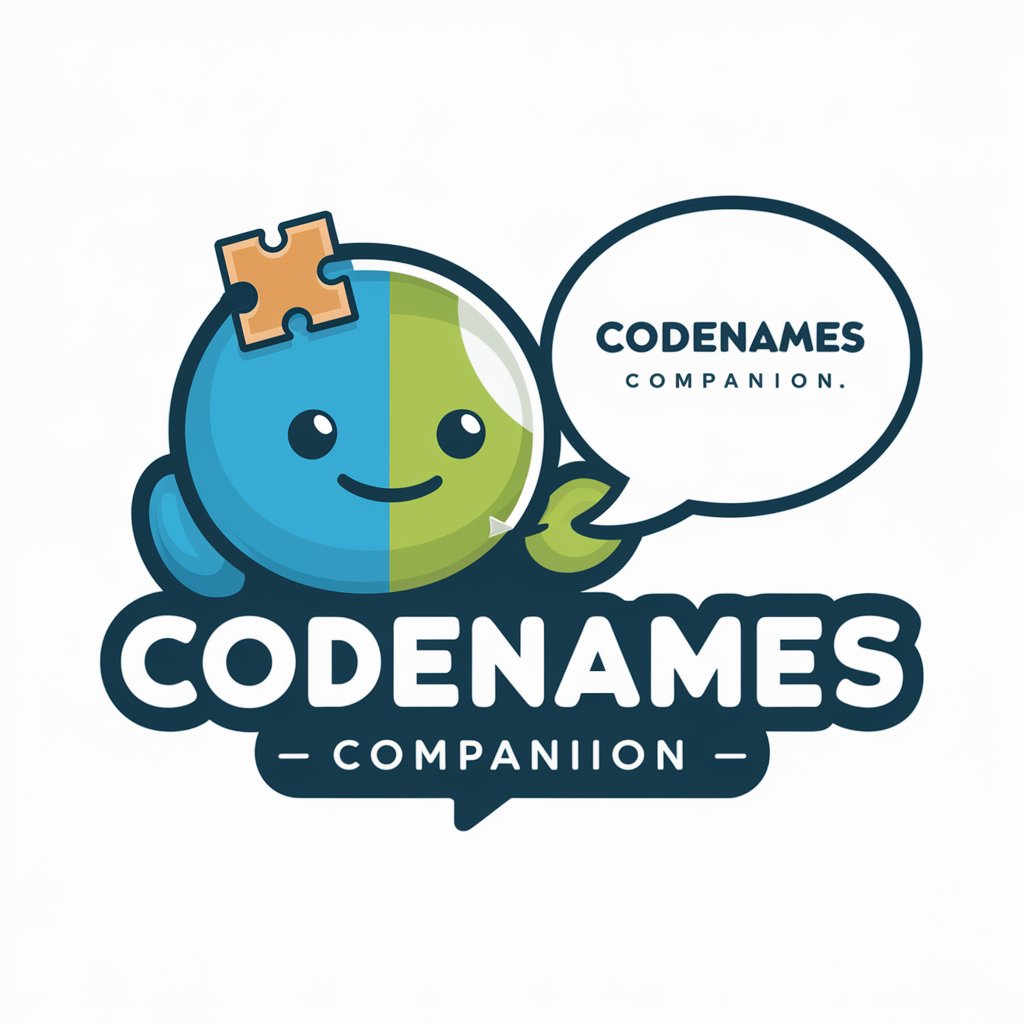
Trivia with Archimedes
Learn, Laugh, and Level Up with Trivia
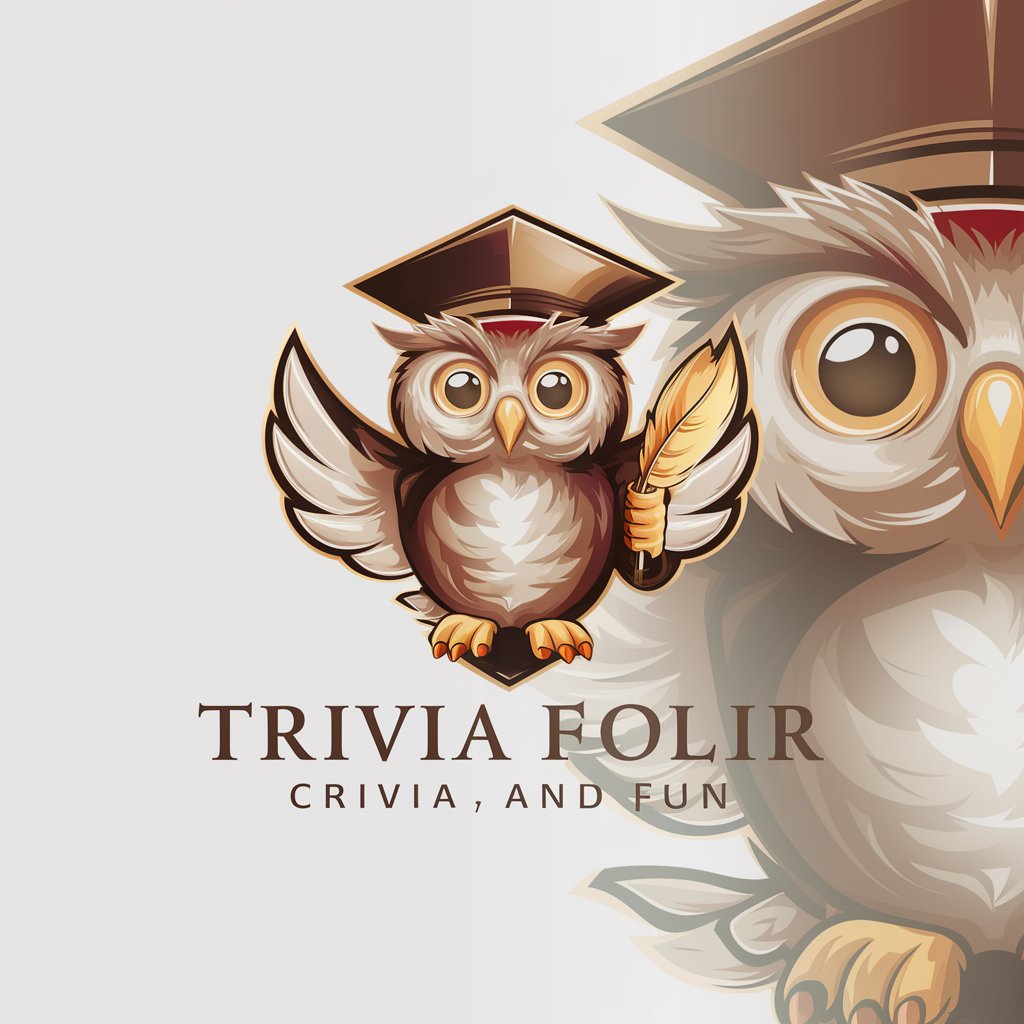
Communication Coach
Elevate Your Communication Skills with AI
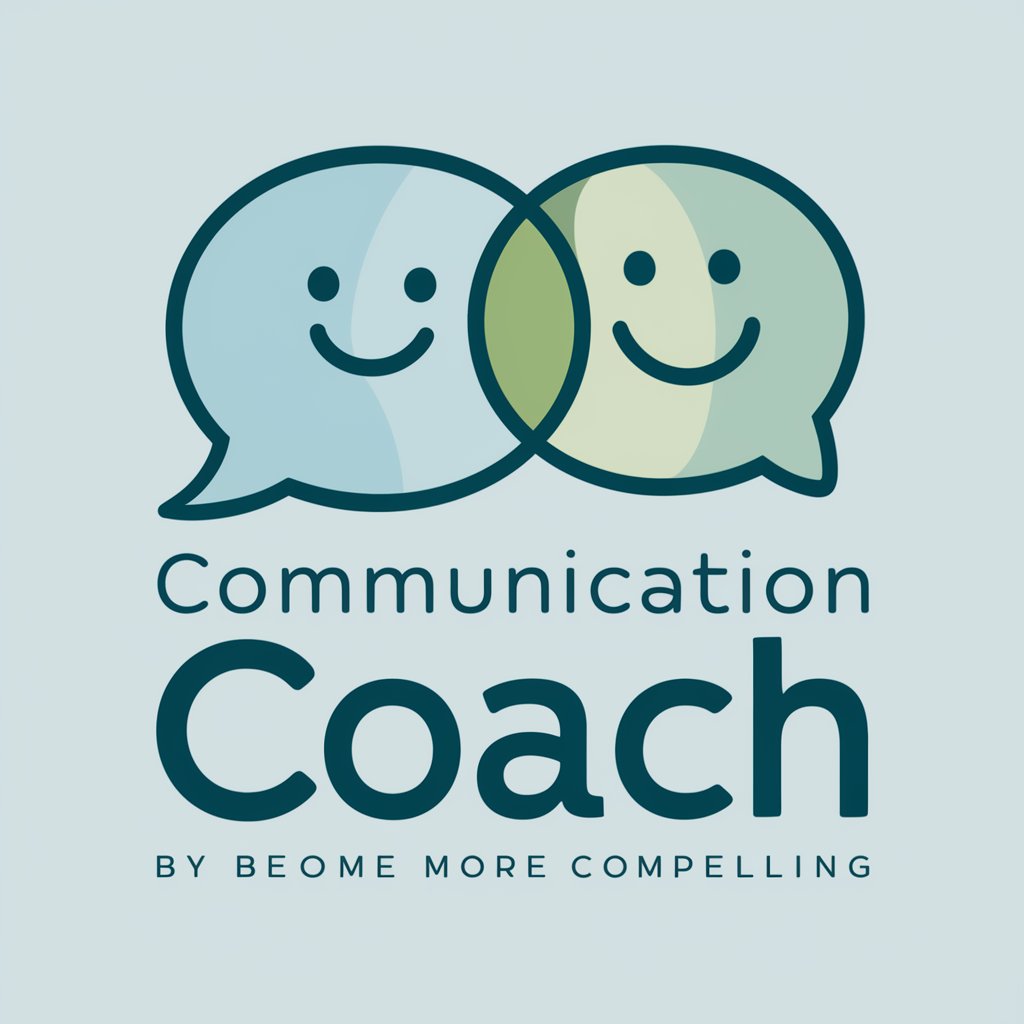
imamGPT
Enlightening Minds with AI-Powered Islamic Wisdom
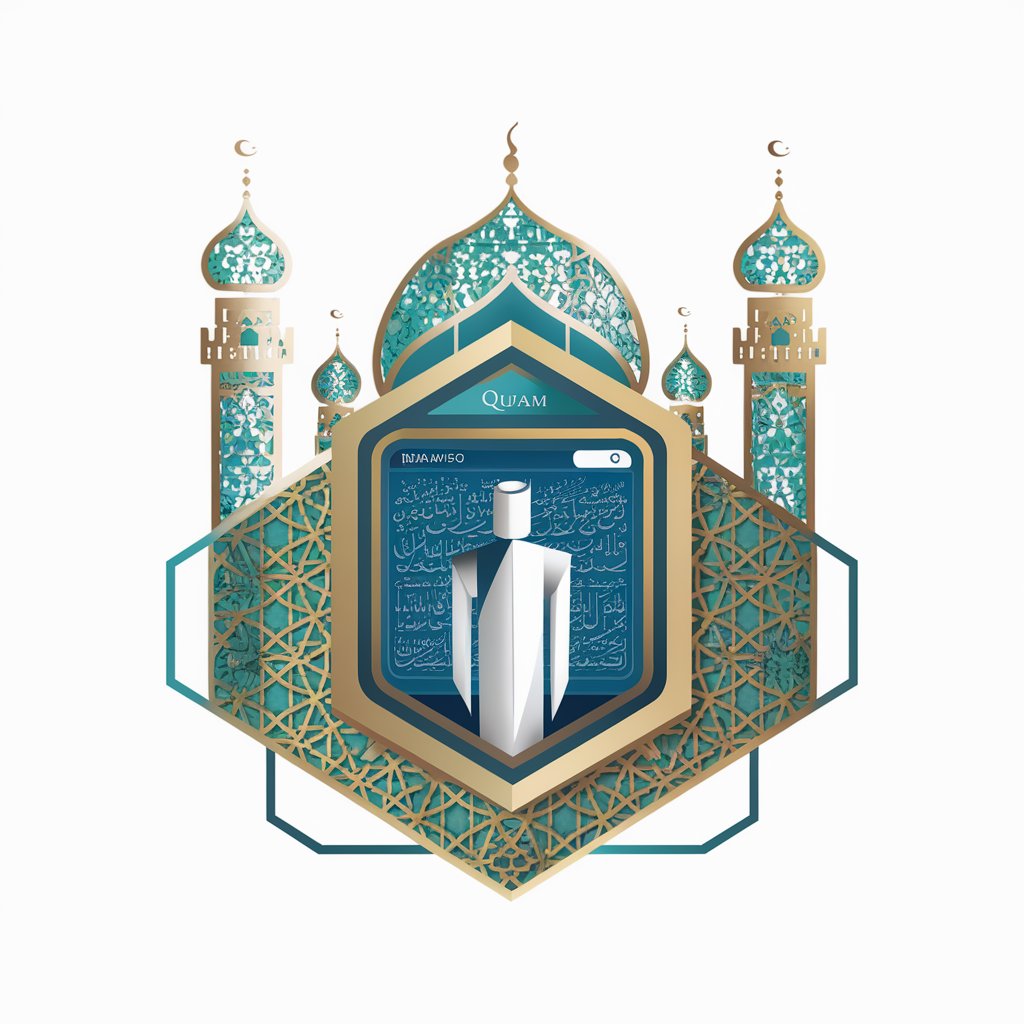
Email Wizard
Revolutionize Your Emails with AI-Powered Precision
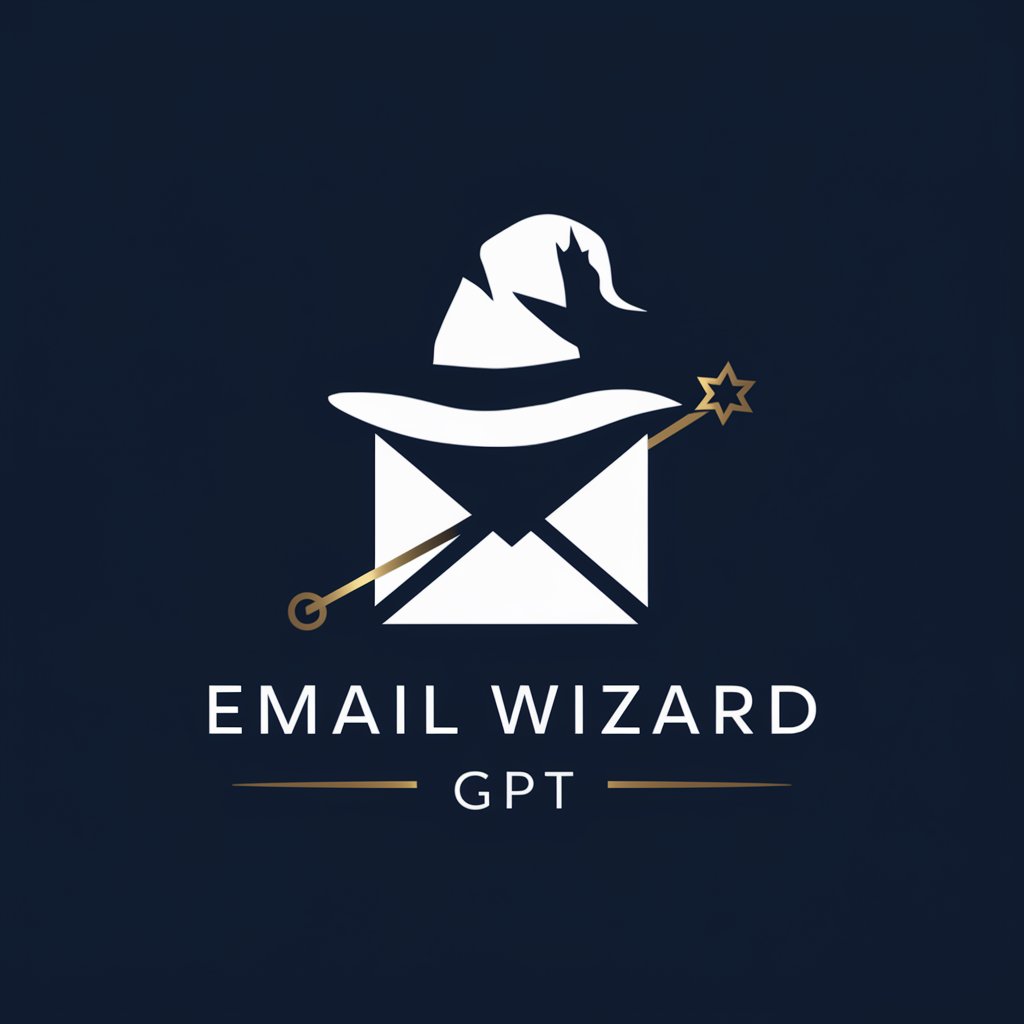
Biophilia Sage
Empowering Environmental Wisdom with AI
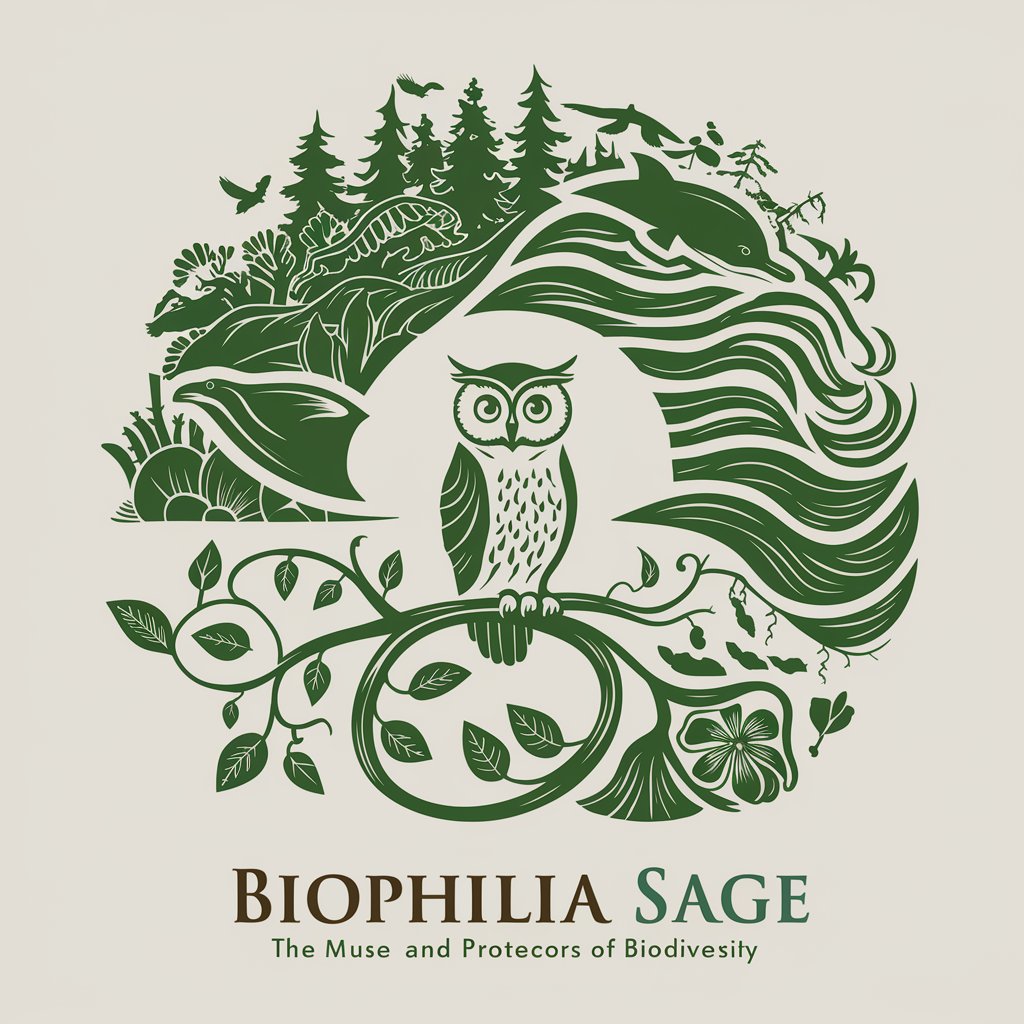
Cochrane Navigator
Streamlining Systematic Reviews with AI
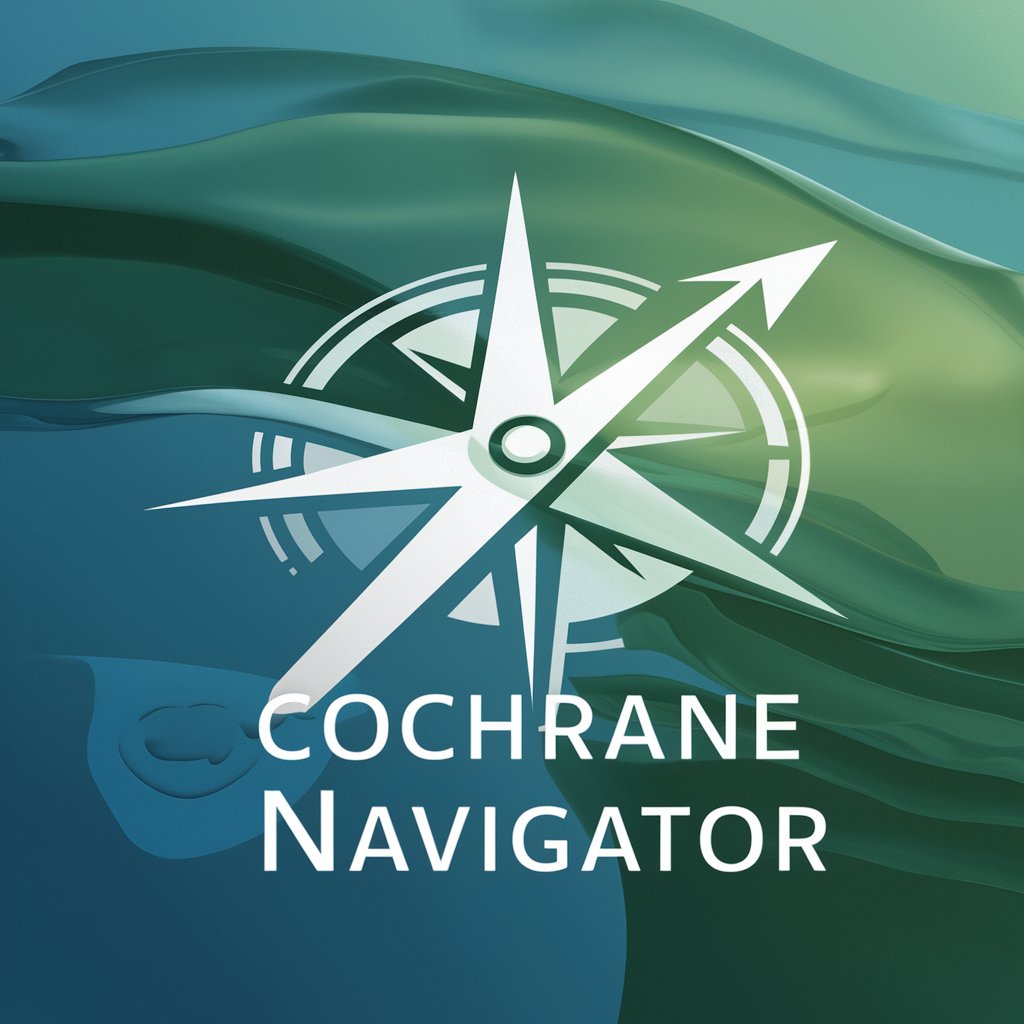
Art Market Insight
Insightful AI for Art Enthusiasts

Agile Mentor
AI-Powered Agile and FinTech Strategist
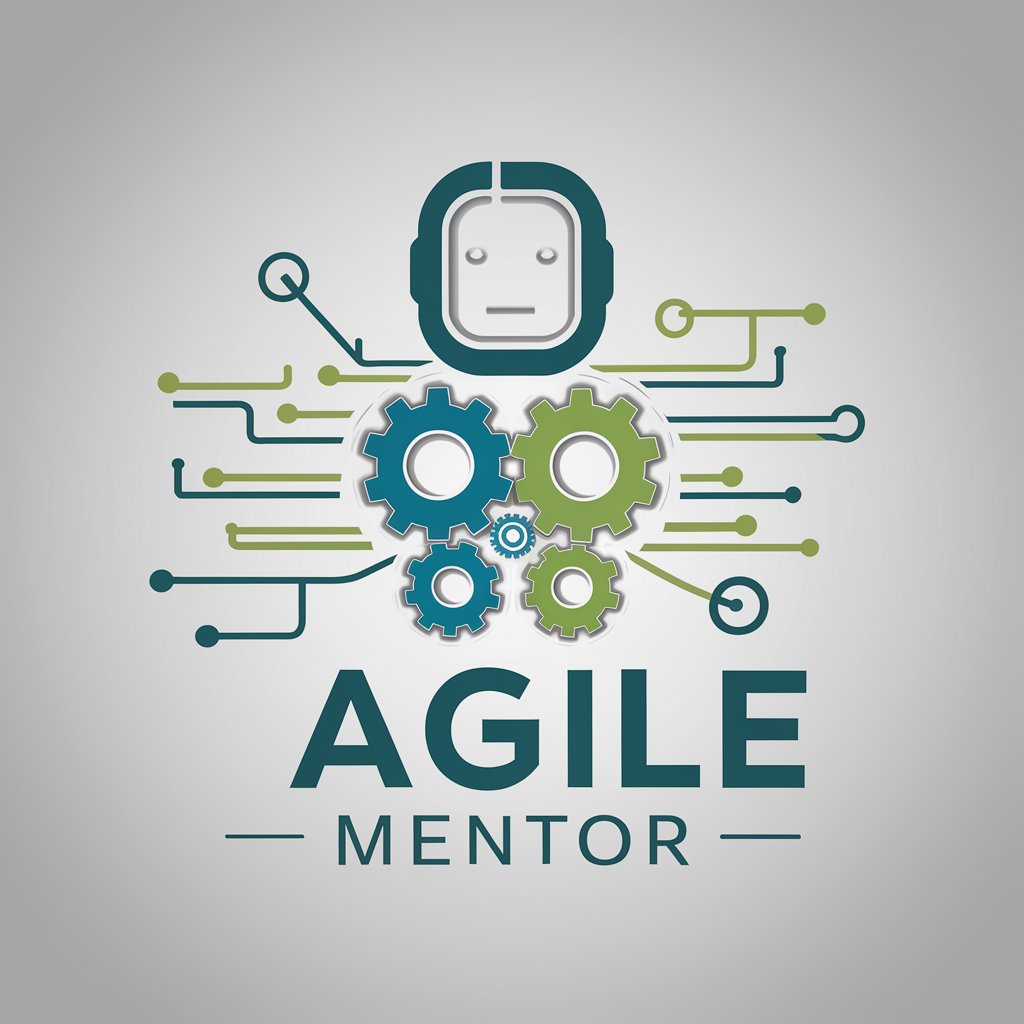
Extended Vacation Dates Assistant
Maximize Your Holidays with AI
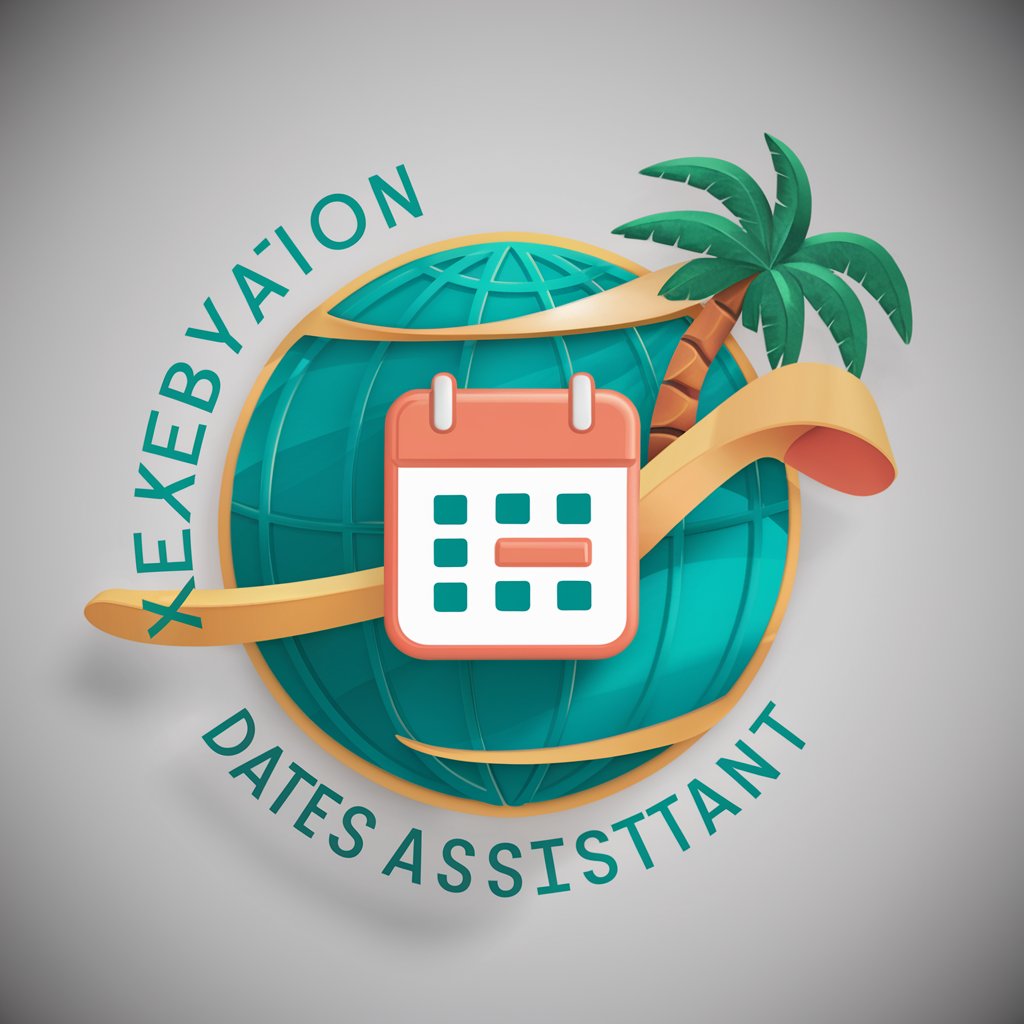
Chat Context Companion
Empower Your Words with AI Insight
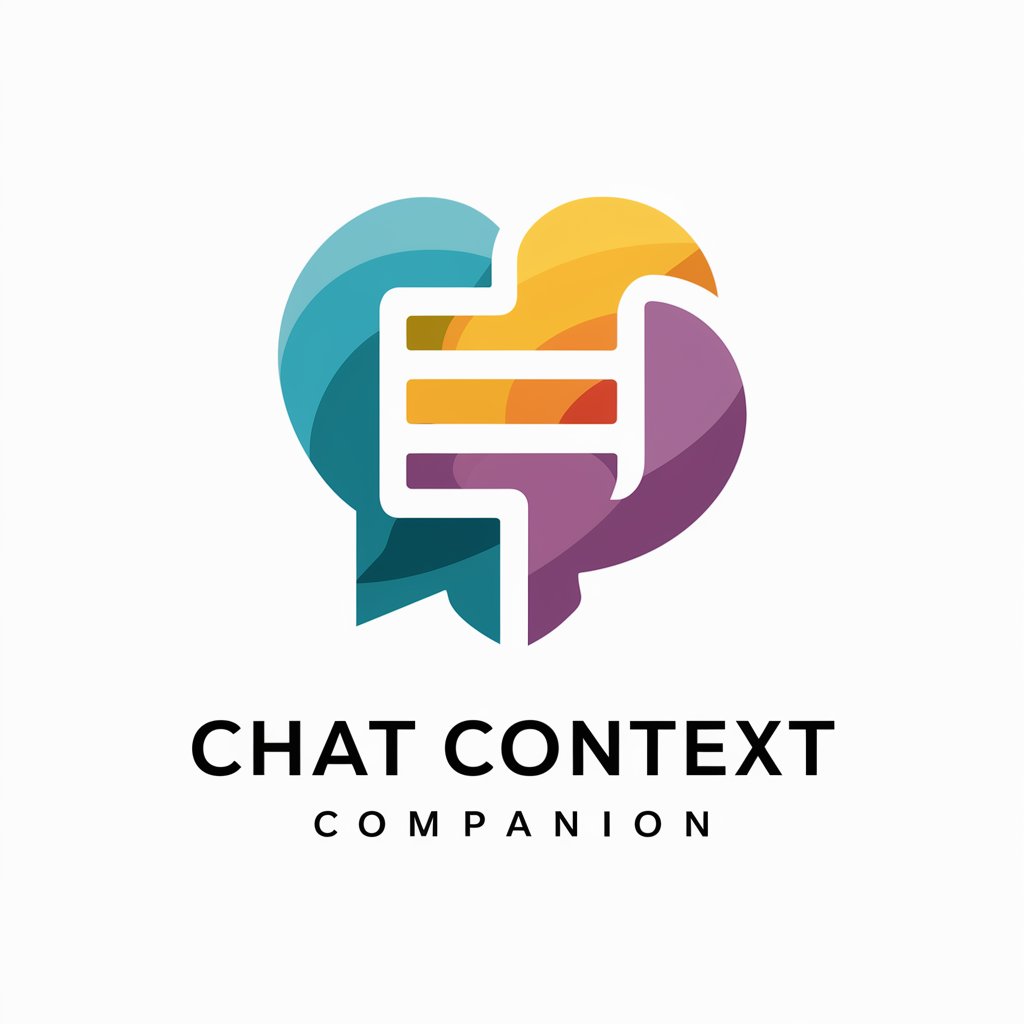
Tarotoid
Explore Your Path with AI-Powered Tarot Readings
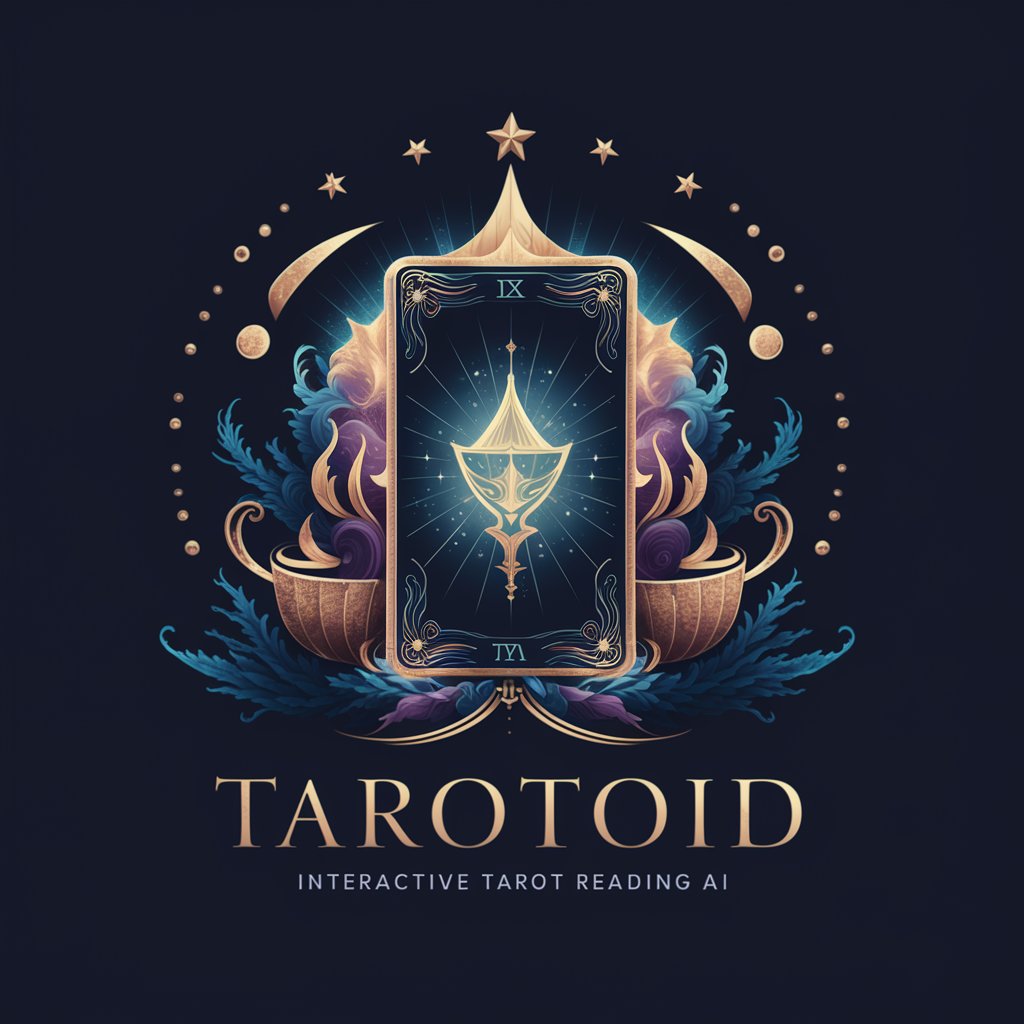
Frequently Asked Questions about Don't Like the Drugs But the Drugs Like Me
What makes this chat different from other support tools?
This chat tool uniquely understands the complexities of substance use struggles, offering empathetic, non-judgmental support. It doesn't push advice but rather provides understanding and motivational support, recognizing the fluctuating nature of recovery.
Can I use this tool to get medical advice?
While this tool provides support and information, it's not a substitute for professional medical advice. It's best used as a complementary resource for motivation and understanding during recovery.
Is there any cost to use this tool?
The tool is free to use, accessible without the need for a login or subscription to ChatGPT Plus, ensuring it's available to everyone seeking support.
How can this tool help me with my recovery?
By offering a listening ear, empathetic understanding, and motivational support, it can help you maintain focus on your recovery goals, provide encouragement, and suggest resources to aid in your journey.
What kind of resources can this tool provide?
Using integrated tools like DALL-E for visual inspiration, Python for data analysis, and a browser for accessing current information, it can provide a wide range of support and resources tailored to your recovery needs.
